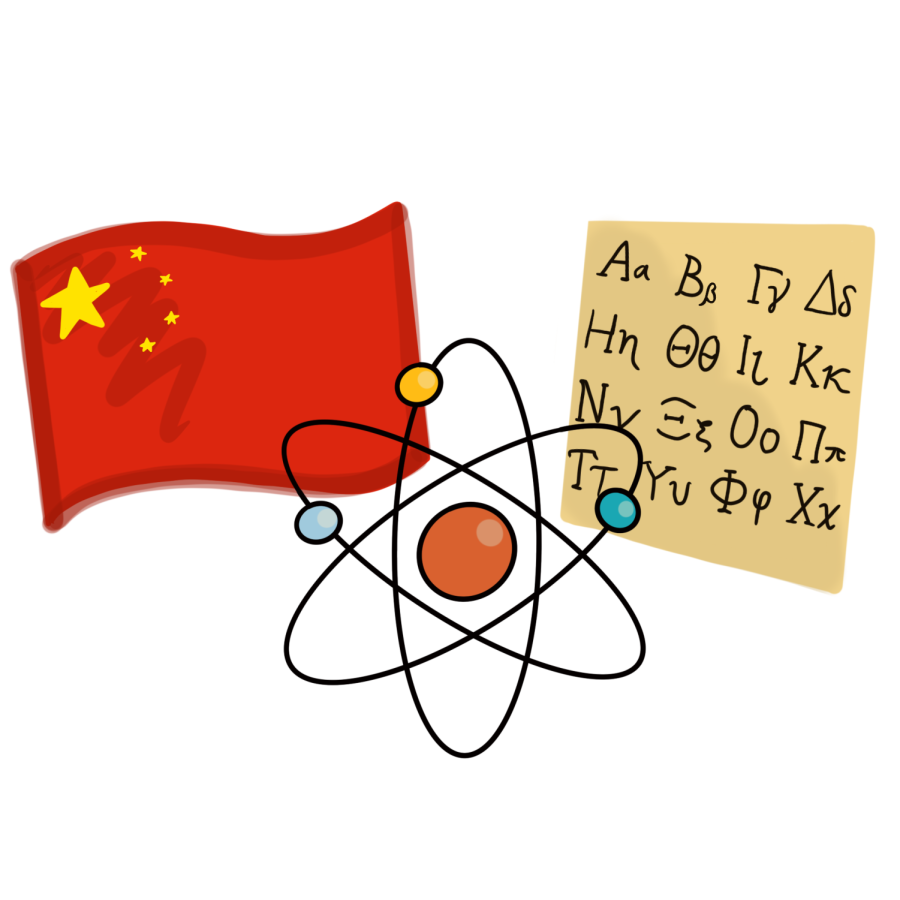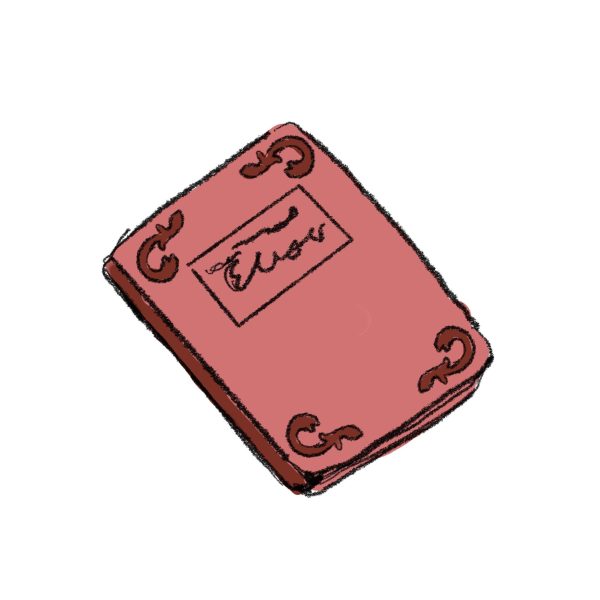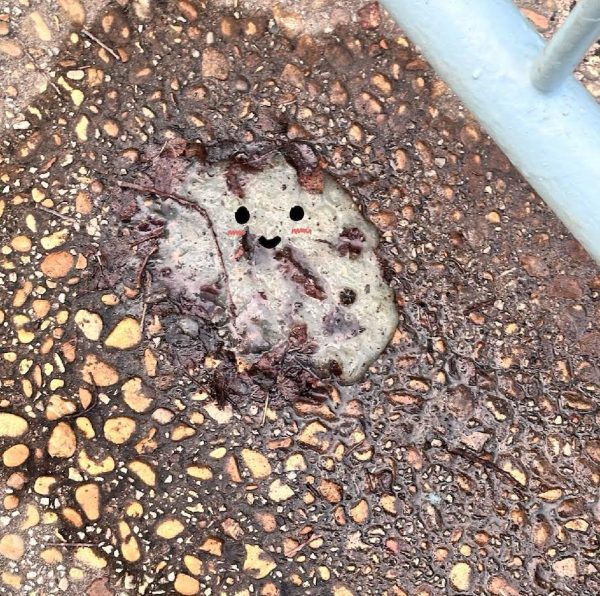Major-ly cool degrees at Trinity
A closer look at three unique majors that Trinity offers to its students
With more than 100 majors and minors, Trinity’s course options can be overwhelming. From the humanities to STEM, students can take classes across a myriad of disciplines during their time at Trinity. However, because Trinity offers such a wide plethora of classes, many times students are unaware of just how many different majors and minors are available. The Trinitonian spoke with professors and students from three unique majors at Trinity.
Chinese Studies B.S
The department of Chinese Studies is a multidisciplinary program that teaches students modern and classical Chinese while also exploring history, philosophy, cinema, ecology and more. The Trinitonian spoke with Stephen Lee Field, J.K. and Ingrid Lee endowed professor of Chinese language & literature, about the Chinese Studies major and minor.
“With a Chinese Studies major, since you are taking classes across campus, you really do become somewhat of a minor expert because not only do you read and write and speak Chinese but you also understand Chinese politics […] you also become quite familiar with Chinese religion,” Field said.
The Chinese Studies program at Trinity is also a founding member of the ASIANetwork, a consortium of over 160 colleges that promotes education about Asia. The ASIANetwork provides students with the opportunity to conduct research projects abroad. Trinity has had a strong history of leadership in the ASIANetwork as a founding member and thus has sent numerous students to study abroad and conduct research in China.
There is no shortage of unique and cool classes in the Chinese Studies program, from courses in Feng Shui to courses in business, philosophy and religion. Jie Zhang, associate professor of modern language and literature, spoke about the number of courses offered.
“We constantly create new courses and so all the professors are teaching what is really essential for their own special field. It is not just some standard courses that will be held over and over,” Zhang said.
Physics (B.S) or (B.A)
The Department of Physics offers students the opportunity to understand how the world works. By studying the interaction of forces that affect matter and energy, students in the physics department learn about the laws of the universe. Associate professor of physics and astronomy Orrin Shindell spoke about the importance of physics in modern science.
“In some ways [physics] is at the center of modern science … It does form the foundation for kind of essential knowledge. And so I think for modern science students, we are becoming increasingly interdisciplinary and problems are becoming more and more complex, that physics is a good basis for understanding other scientific disciplines,” Shindel said.
Depending on what students wish to do with their future careers, they can choose between Physics Bachelor of Arts or Physics Bachelor of Sciences degrees. A Physics B.S is designed for students who wish to pursue careers in physics, engineering or postgraduate studies. The B.A in Physics program is designed for students who wish to double-major or pursue multiple disciplines.
There are a number of groundbreaking classes offered in the Physics department. Courses include Speaking Physics, Applied Geophysics, Stars & Galaxies and numerous others. Students from across a broad range of academic disciplines can take physics classes specific to their interests.
Greek (B.A)
The Department of Classical Studies’s Greek program offers students the opportunity to learn both the ancient language of Greek but also develop cultural and literary skills. Taking classes in Greek can be beneficial to a wide spectrum of students, from students who want to study archaeology to pre-law and pre-med students. Corinne Pache, a professor in the Classical Studies department, explained the value of learning Greek.
“[Greek] really helps you understand English because you get back to kind of the roots of words and you start realizing, when you learn Greek, that all of our English words have this underlying meaning that is already there in Greek,” Pache said.
Students who major in Greek have the opportunity to work in research labs, including the Early Book and Manuscript Lab and the Roman World Lab. In these labs, students have the opportunity to learn how to transcribe and edit manuscripts and early print material for electronic publication.
The skills developed in Greek classes and in Research Labs are more than just learning a foreign language. Classes in Greek cover topics that help students navigate fields such as history, philosophy and politics.
“But I would say anybody you know, who is interested in either language or literature or ideas, you know, if you think of all the kinds of big concepts, democracy, philosophy, history, they all go back to ancient Greek writers,” Pache said.
When signing up for classes this semester keep in mind all of the unique and fun classes that Trinity has to offer.



